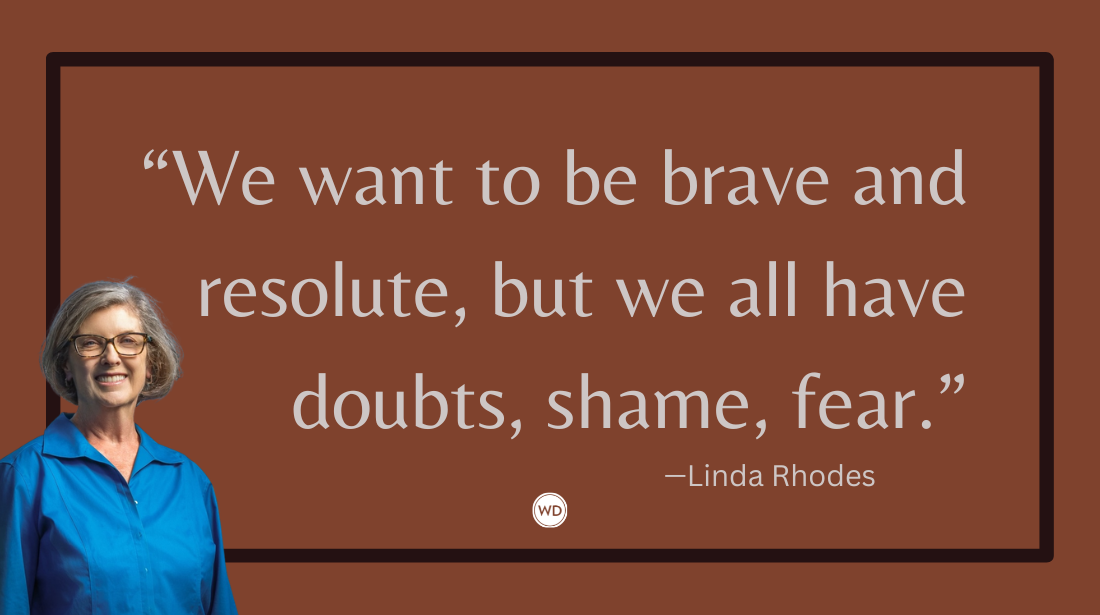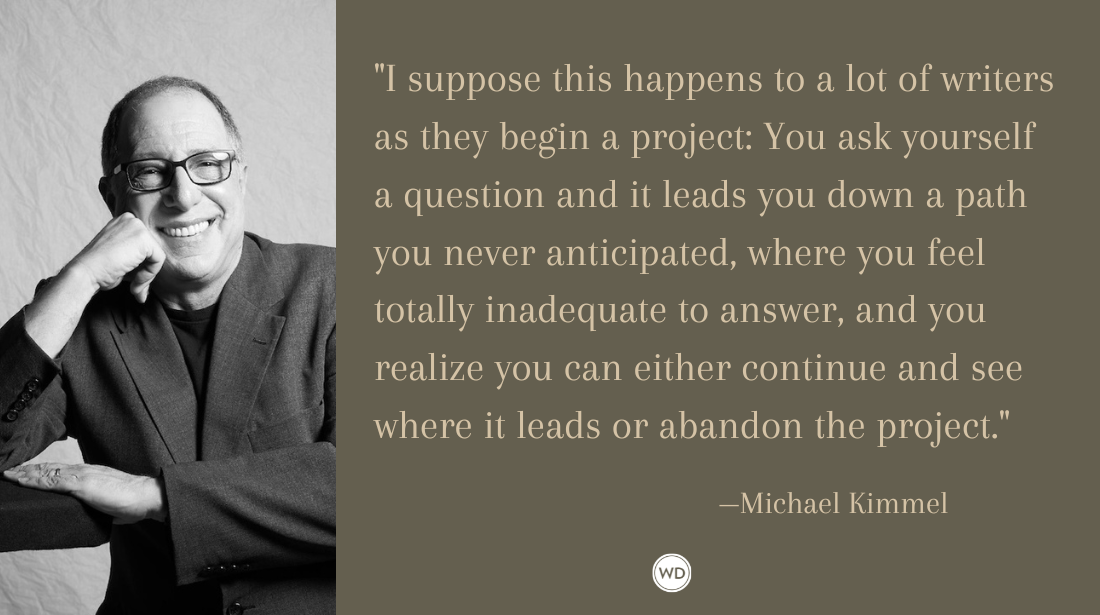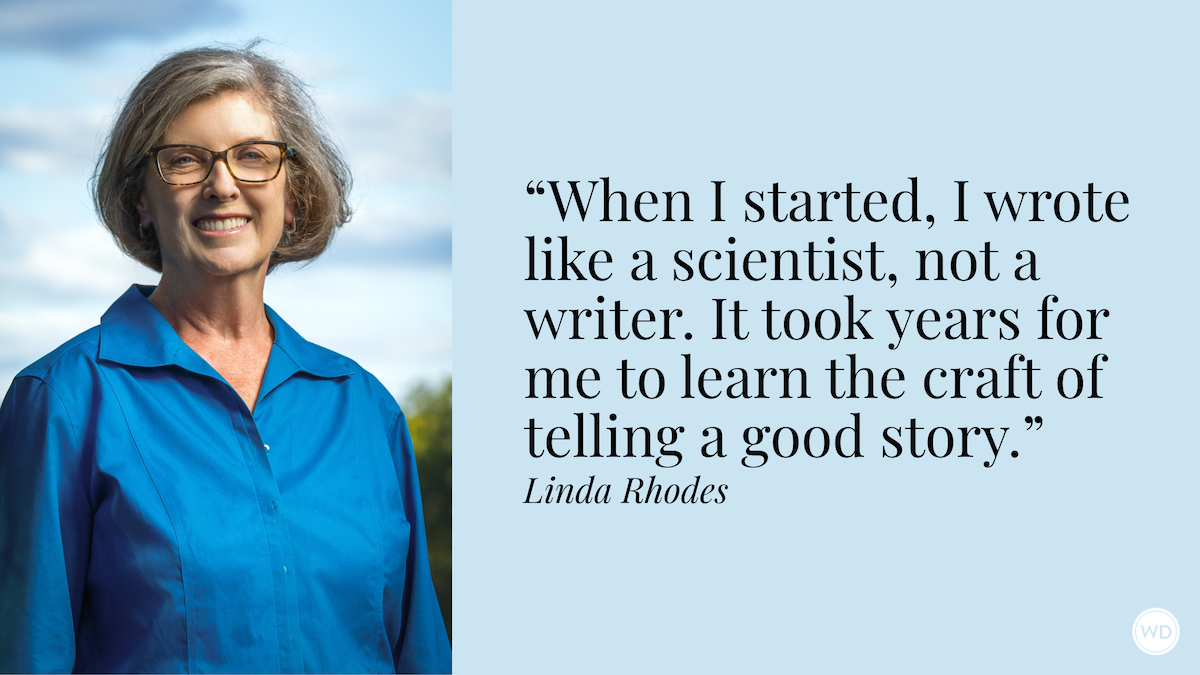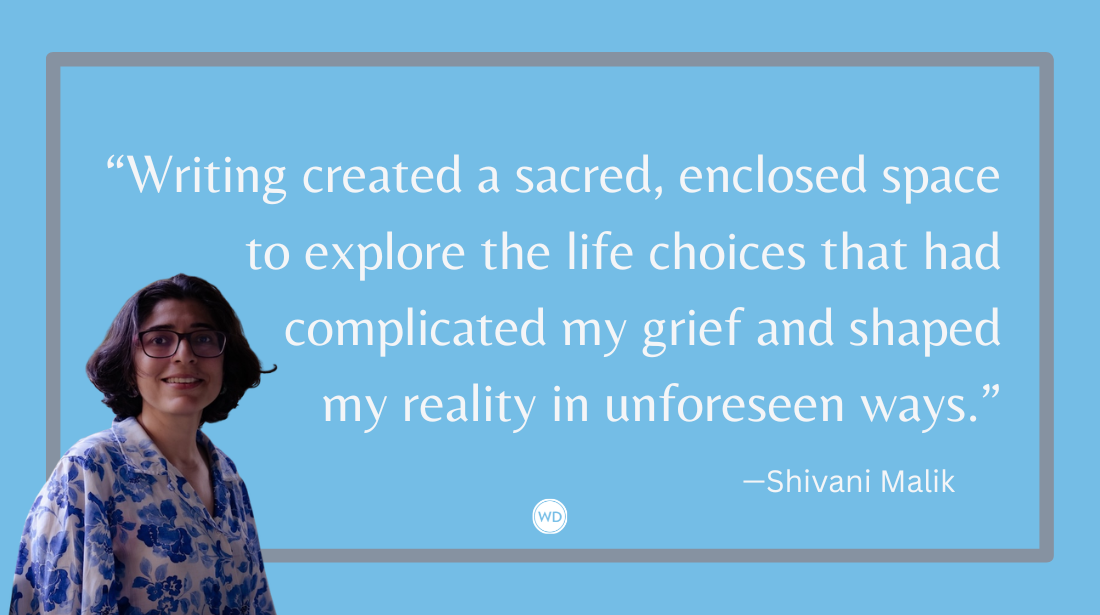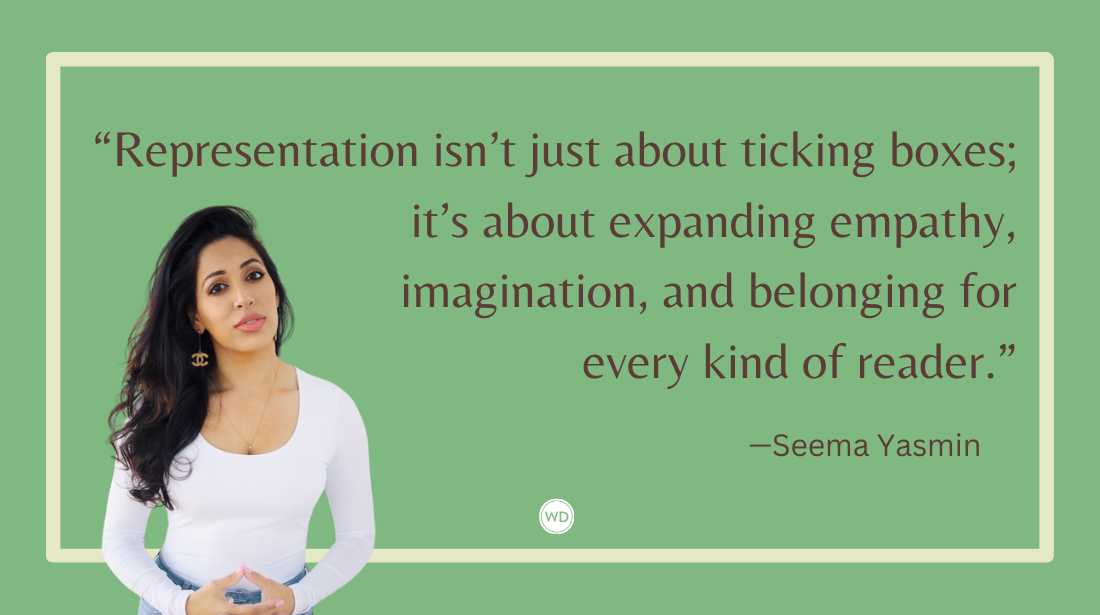How to Become a Journalist
“Journalist” is just one word that hosts myriad opportunities. Interested in becoming a journalist? Here, Alison Hill answers all your questions and lays out every avenue for you to explore in your journalistic pursuits.
So, you want to become a journalist? Great choice—there’s never been a greater need for diverse and skilled individuals in the rapidly expanding and evolving news industry.
Opportunities are no longer limited to the legacy media of television, radio, and print. While mainstream outlets suffer from closures and waning public trust, online platforms are multiplying and thriving.
There are openings in both traditional and digital platforms, but just remember that we are trending towards multimedia journalism. News and features are now presented in a multitude of ways, combining text, graphics, images, audio, and video. So keep this in mind when researching courses, training, and academic qualifications.
Whether you’re a student, just graduated, or feel like switching professions, here are some tips to help get you started.
What Is the Role of a Journalist?
Journalists are nonfiction storytellers, responsible for informing the public about events on a local, national, and international level, covering everything from politics and breaking news to entertainment and sports. They are entrusted with finding, researching, and writing/producing newsworthy and topical stories, with impartiality, credible sourcing, objectivity, and accuracy.
Which Medium Is Journalism?
Journalism falls into four broad types—news journalism, feature journalism, opinion/analysis, and investigative journalism. Mediums include broadcast (television and radio), print (newspapers and magazines), and digital (online outlets and platforms).
Explore all these formats and see which one suits you best but diversify your interests and learn as many skills as possible.
Why Journalism?
Ask yourself why you want to become a journalist? To make a difference? Do you want to see more truth in journalism? Explore your motives. A journalist needs to be bold, passionate, driven, persistent, and have a thick skin—not everyone will like what you report. Do you have what it takes?
Which Type of Journalism?
You can train as a news reporter for various mediums, cover sports and entertainment, specialize in politics, go into public relations, or opt for investigative and longform journalism. You can produce hard news shows, current affairs shows, write features for newspapers and magazines, or become a foreign correspondent. You can get into radio or focus on photojournalism and videography. There are so many choices in modern journalism!
Do I Need a Journalism Degree?
It depends. In job ads, traditional outlets say they prefer journalism or communication degrees, or a combination of education and experience, yet many successful journalists majored in fields such as English, history, politics, or American Studies. Having any degree is advantageous when applying to established media positions (whether traditional or online) but not necessarily the case with newer outlets.
If you already have an undergraduate degree there’s no need to go back to school, but you can benefit from courses and training, and you should try and get some experience for your portfolio (which we’ll get into shortly). Your current degree may be an advantage in specialized fields, such as science and environmental reporting.
What Will I Learn in Journalism School?
Journalism classes include news writing and reporting, storytelling skills, media law and ethics of mass communication, including rules on defamation, slander, and libel. You also study the different news mediums and ways of disseminating information and electives are available as students begin to narrow their interests. Several colleges now offer majors in Multimedia Journalism, which is a great new option.
How Much Will I Make?
You probably won’t get wealthy as a journalist unless you’re on the top rungs of the profession. According to the U.S. Bureau of Labor Statistics www.bls.gov in 2020 the median annual salary for a journalist was $49,300. But you will be rich in experience—guaranteed. And you can always become a freelance journalist, then you won’t be on a fixed income.
Should I Specialize?
What’s great with new journalism is that you can work in many mediums, from writing news items to videography and editing, whereas in the past you were confined to one format. Practically all TV news channels, major newspapers, and magazines have online versions, some are digital first operations.
You can be anything form a general news reporter to narrowing your focus to environmental journalism, politics, international journalism, and any number of specialist areas. If you want to specialize, become an expert in your chosen field, say politics for example, but learn skills from all mediums, so you have more work options.
I Don’t Have a Degree, Now What?
If you don’t have the time or means to pursue a four-year degree, then consider community college or private institutions that offer short journalism programs with hands-on experience. You can also find courses online that will help build your skills. Many writing groups offer journalism writing courses as well as annual conferences.
Start Pitching
You can also pitch stories as a freelancer. Editors are more interested in good stories than credentials. If you write well, and can hook them with your ideas, then try it. However, it’s recommended to first master the basics of article writing—the who, what, where, when, why, and how.
How About Citizen Journalism?
Much to the horror of some industry professionals, citizen journalism is growing. Many people are learning the skills, bypassing the gatekeepers, and creating their own platforms on sites like YouTube, Patreon, or SubStack. Again, if you think you can hack it, go for it. There’s no law against it…yet!
Internships and College Media
If you’re pursuing journalism in college, try getting an internship with a publication or news outlet. This offers real-world experience and course credits. In the meantime, work on the school paper, get involved with student radio, and any other media produced at your school. Learn as many skills as you can and get some bylines so you can add them to your portfolio.
Build a Portfolio
When applying for jobs or pitching editors, a portfolio will improve your chances. Here are some tips on how to get bylines:
- Write a blog—create a WordPress site or write on a platform like Medium.
- Volunteer to write for non-profit blogs or newsletters (ask for a byline!)
- Pitch freelance articles to newspapers, magazines, and online publications– start with covering local stories and events.
- Create videos—go out and do some vox pops (man on the street videos) asking people their opinions on topical stories or create a mini-documentary on a social issue. You can shoot video on your iPhone and edit on readily available free or affordable editing software.
- Do you have a friend who owns a business? Ask them if you can write a blog for their website.
- Do a Q&A interview with an interesting person.
Try writing reported pieces as well as personal essays and blogs, so you can learn how to find and interview sources and how to extract and incorporate good quotes into an article or video segment.
Just remember—whatever you write and/or produce online could be visible to any potential future employer. Keep it clean, objective (unless of course it’s an opinion piece), and professional. It’s best to avoid sharing strong political views in your content and on social media.
Networking
Study what existing journalists are doing. Get to know professionals in the industry. Follow them on social media. Ask them questions and listen to their advice if they’re gracious enough to offer it.
Join a Writing Group!
Many members will be working journalists, and you can learn a lot from them. Groups may offer affordable courses in all kinds of topics, from writing to interviewing skills.
Learn Videography and Editing
Good camerawork and editing take time to master and it’s best to learn from experienced professionals. Look for courses online or in your area. These skills will open many doors and will make you a more proficient reporter or producer/director if you choose to go into broadcast journalism.
When you’re ready, work on your resume, create a portfolio, open a LinkedIn account, clean up your social media, contact your industry acquaintances, and start sending out applications.
Good luck on your journey.
Alison Hill is a freelance writer, journalist, and Emmy-nominated producer who writes for print and online publications. Since 2001, Alison has been a regular guest commentator on BBC radio news shows discussing US politics and current events. Before going solo, she was a PBS producer and director and also worked as an investigative journalist for a Welsh TV series. From hosting TV shows and creating online content to going undercover with a hidden camera, she’s done it all. Alison grew up in a tiny village in Wales and speaks fluent Welsh. She’s an avid hiker, who also loves camping, kayaking, and reading. She now lives in South Carolina with her husband, 8-year-old daughter, and two rescue cats.




